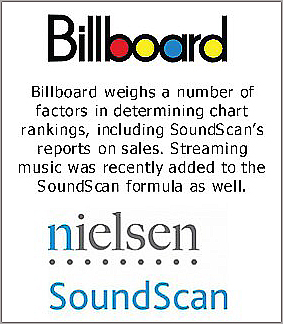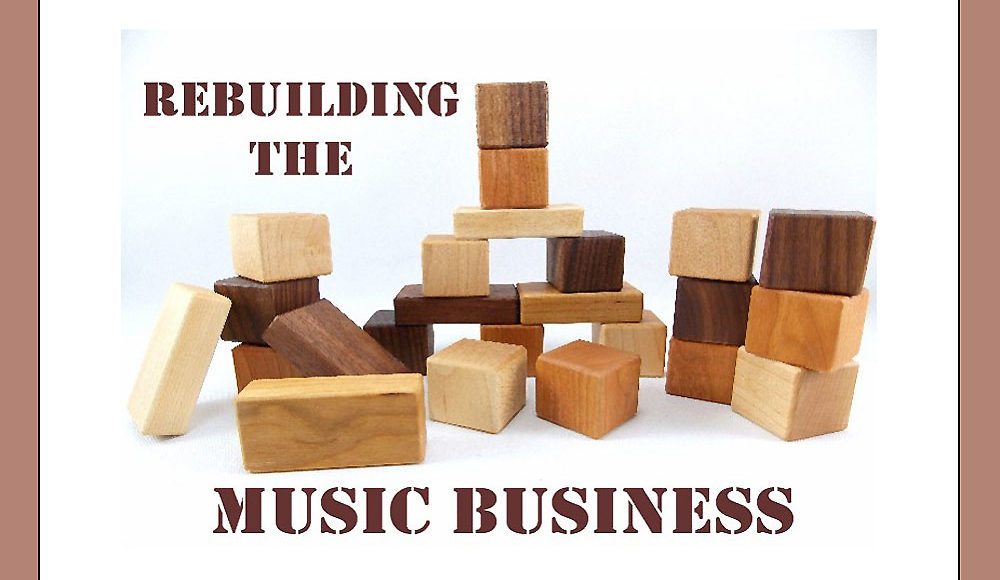If you follow economic or political news at all, you know there has been a lot of discussion about our national infrastructure and the need to rebuild it: our roads, bridges, airports, train stations, cell towers, internet lines – all those things we need to get us and our stuff from one point to another, to communicate one person to another.
 Yale University PressIn his important new book Culture Crash: The Killing of the Creative Class (Yale University Press, 2015), Scott Timberg writes about the vital parts of our culturalinfrastructure that we lost in the economic crash of 2008. Think of all those bookstores that closed, the records shops that are no longer, the video stores that were such resources – and with them the knowledgeable booksellers and clerks eager to direct us to the best new books, the emerging artist we just had to hear, or film rarities we dare not miss. Many if not most of those connections are now lost to us.
Yale University PressIn his important new book Culture Crash: The Killing of the Creative Class (Yale University Press, 2015), Scott Timberg writes about the vital parts of our culturalinfrastructure that we lost in the economic crash of 2008. Think of all those bookstores that closed, the records shops that are no longer, the video stores that were such resources – and with them the knowledgeable booksellers and clerks eager to direct us to the best new books, the emerging artist we just had to hear, or film rarities we dare not miss. Many if not most of those connections are now lost to us.
The other topic dominating economic and political news is income inequality. If you follow the news consistently, you’ve probably seen this statistic: By the end of 2014, 8.4% of the world’s population controlled a little over 83% of the world’s wealth – leaving you, me, and the other 7+ billion of us the remaining 17% to play with. The US figures are just as startling, if not more: for all income growth in the 4 years ending 2014, almost 91% of it went to the top 1%, leaving the remaining 9% to the rest of us.
The scary thing is how much the world of the arts is now mirroring the national and world economy. We’ve all seen how the blockbuster mentality has reshaped the film industry over the last decades; the more recent reliance on the comic book franchises has relegated films for grown-ups to the walled garden of autumn releases, where fingers are permanently crosssed in the long-shot hope of an Oscar nomination. Sadly the publishing world has succumbed to the same phenomenon: a recent NPR report on a book advance of $5 million for a novel had me staring at the radio in disbelief. (It’s as if the publishing business is trying to self-destruct.) Think of how many writers that same investment could nurture and sustain: 100 novelists who would be ecstatic with a $50,000 advance. Or 200 thrilled with $25,000. How about 500 whose worlds might be changed with a $10,000 advance?
Here’s how inequality is reflected in the music business: We’ve all seen the phenomenal success of Taylor Swift over the last few years, and Adele before her. Believe me, I am not begrudging them an iota of their successes at all – they are both phenomenally talented young women. But they and the other member of music’s 1% appear to be sucking all the oxygen out of the room.
Here’s a set of facts to consider: In his book, Timberg cites a New York magazine article on the new math of the music biz. Included in the article were a few startling statistics.
The first eye-popper was this: In 2011, Adele’s sales for her album 21 equaled a bit more than 70% of all classical album sales combined and more than 60% of all the jazz records combined. (Her album also went on to dominate the sales charts the following year and ended up as the number one album of 2012 as well.) Now just imagine what the figures will be for Taylor Swift vs the rest of the music world for 2014 and 2015.
 The second stat shows the long term effect of this narrowing of the music business: In 1986 (that is, over a twelve-month period), there were 31 number one songs by 29 different artists, giving us an average of about 2½ number one hits per month. From 2008 to mid-2012 (a period of 56 months) there were 66 number one hits, meaning the average was just a bit over one top hit per month. And here’s the capper: of those 66 number ones, 28 of them were by just 6 artists.
The second stat shows the long term effect of this narrowing of the music business: In 1986 (that is, over a twelve-month period), there were 31 number one songs by 29 different artists, giving us an average of about 2½ number one hits per month. From 2008 to mid-2012 (a period of 56 months) there were 66 number one hits, meaning the average was just a bit over one top hit per month. And here’s the capper: of those 66 number ones, 28 of them were by just 6 artists.
So 28 number one songs over a four and a half year period are by 6 artists, leaving the other 38 number one slots over that time period to be divvied up between all the other recording artists in the world.
Do you see a pattern here? Much like an economy where 91% of the income growth flows to the top 1% is an economy that can’t be sustained for long, a music business where the sales of one artist exceed all the sales for an entire genre of music (and all the artists, orchestras, quartets, quintets and trios represented in that genre) isn’t a healthy business.
It’s not hard to see how we got here. After three decades of acquisition and consolidation, there are fewer record labels, fewer music publishers, fewer radio outlets, few (if any) retail music outlets available, fewer media outlets. For anyone working in those different spheres, betting on a winner is a no brainer and involves no career jeopardy. More money to advertise Adele’s album? Sure. Deciding on a retail campaign? Hey, there’s money in the budget for a Taylor Swift display. No radio programmer will take any heat over playing either of their records. And what TV talent booker would turn down either Adele or Taylor – or Katy Perry, Lady Gaga, or Rhianna, three of the other artists who have dominated the number one positions since 2010.
It seems, as a well-known song lyric put it, there’s nothing surer, the rich get richer, and the poor get poorer*. But a music business that lavishly rewards the top 1% while offering diminishing possibilities of even making a living to the other 99% isn’t going to have the vitality, diversity, and energy needed to survive and thrive.
That’s why we need to start rebuilding. And just like with the overall economy, rebuilding the infrastructure is a good place to start.
Next, some recommendations – including some marketing advice for Jay Z
(*Kudos to the lyricists: the venerable Gus Kahn and Raymond B. Egan. Their words still ring true some 95 years after “Ain’t We Got Fun” debuted.)





